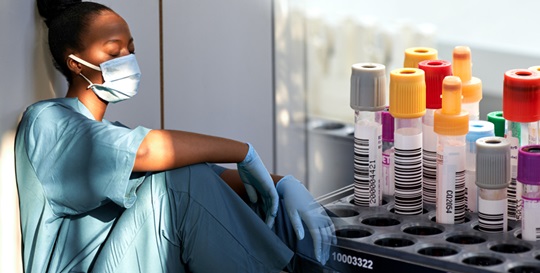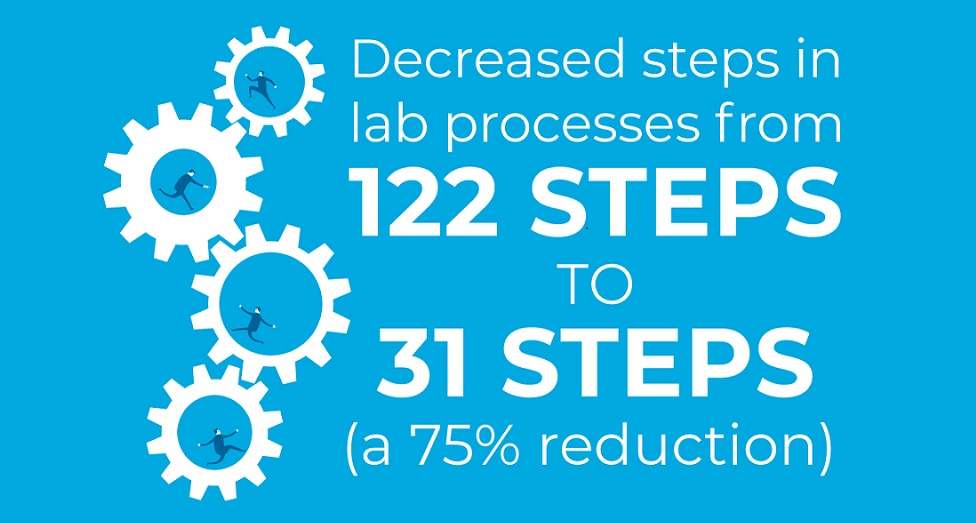The impact of laboratory staffing shortages
For the past several years, laboratories of all sizes have been fighting an uphill battle: trying to meet patients’ needs while adapting to a shrinking number of qualified laboratory professionals – something that has been decades in the making1 due to a retiring workforce and a declining number of accredited training programs for lab technicians and technologists. The avalanche that is COVID-19 quickly made this difficult ascent far more challenging. Not only did the pandemic increase testing volumes, but now laboratories are also seeing an increased shortage of laboratory staff due to vaccine mandates and employee burnout.2,3
Medical laboratory professionals are the behind-the-scene drivers of diagnoses. In addition to running all of the specialized COVID-19-related PCR tests, they are responsible for blood chemistries, CBCs, and antibody tests used for the diagnoses and treatments of all patients – from pregnancies to terminal cancers. Clinicians rely on the results of laboratory testing, and when there is a shortage of workers, the workers who are there are asked to work longer hours, leading to exhaustion and an increased likelihood of errors as well as potential delays in treatment.4

 English
English






